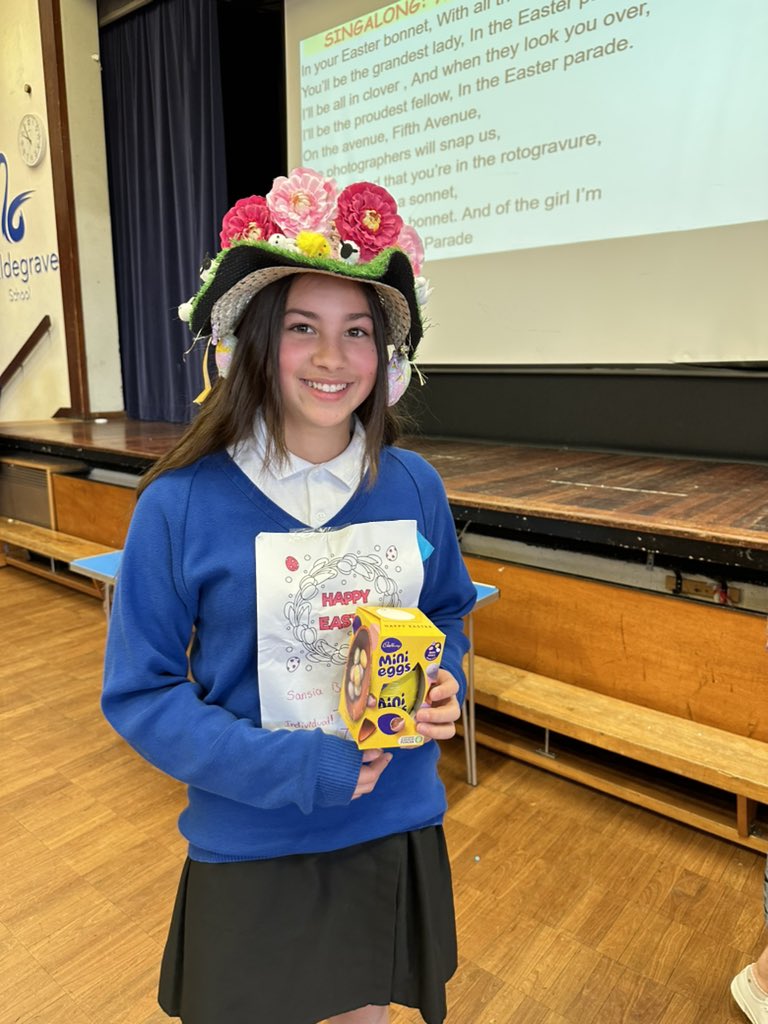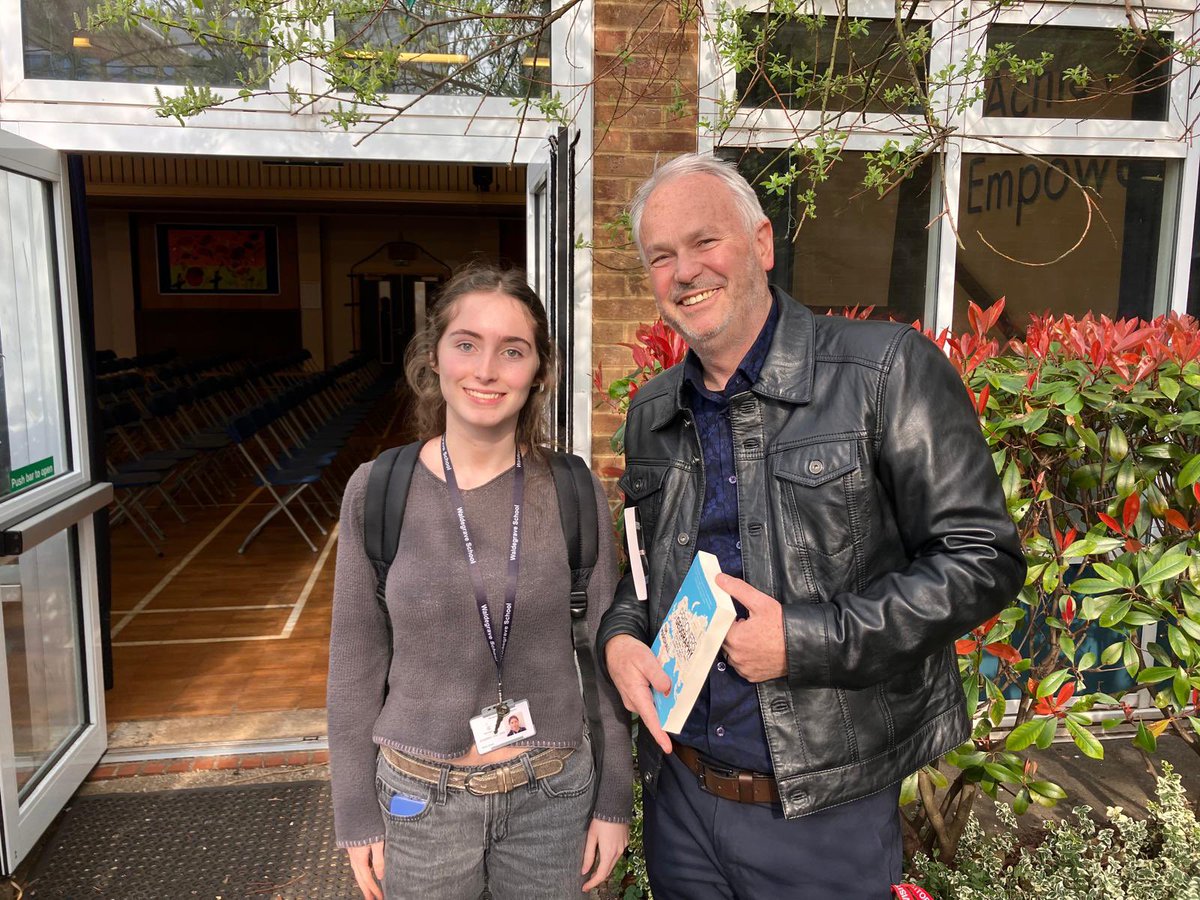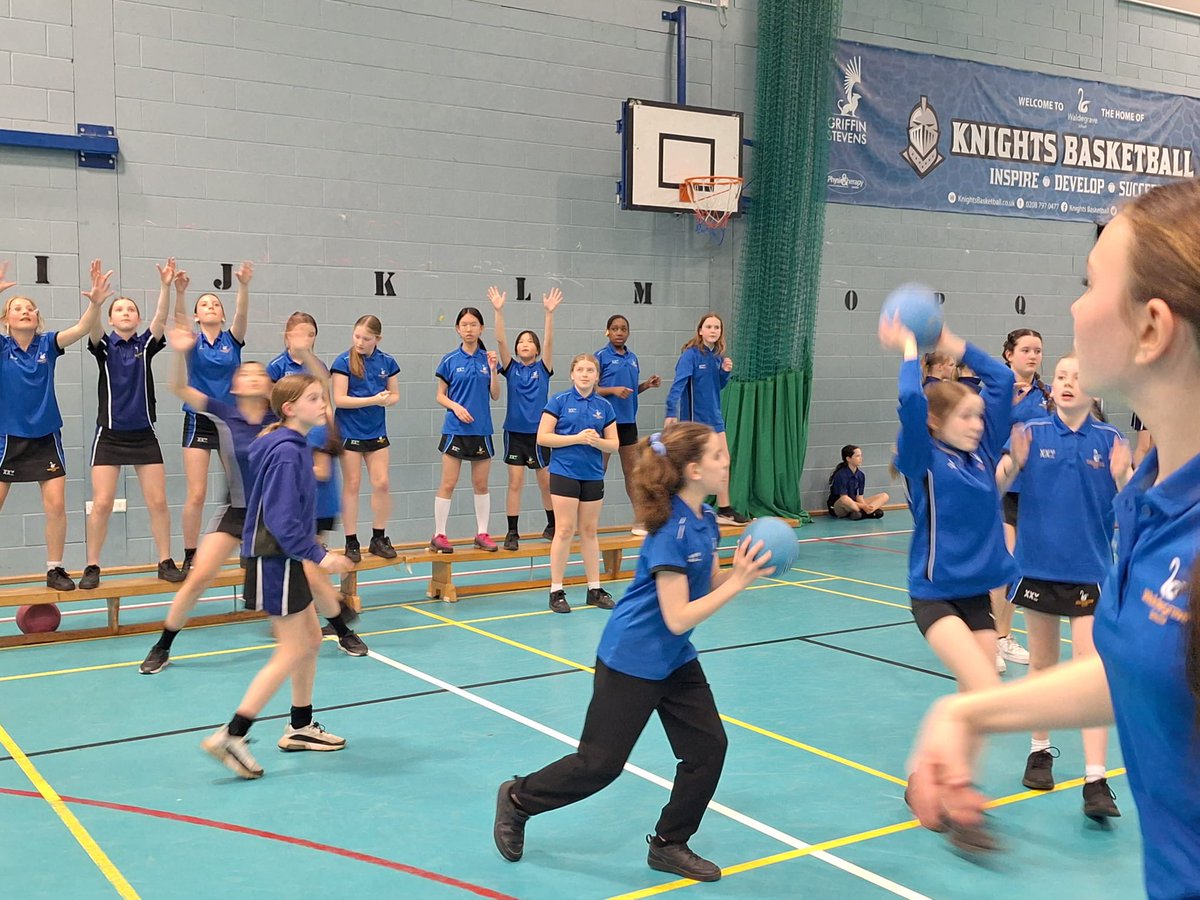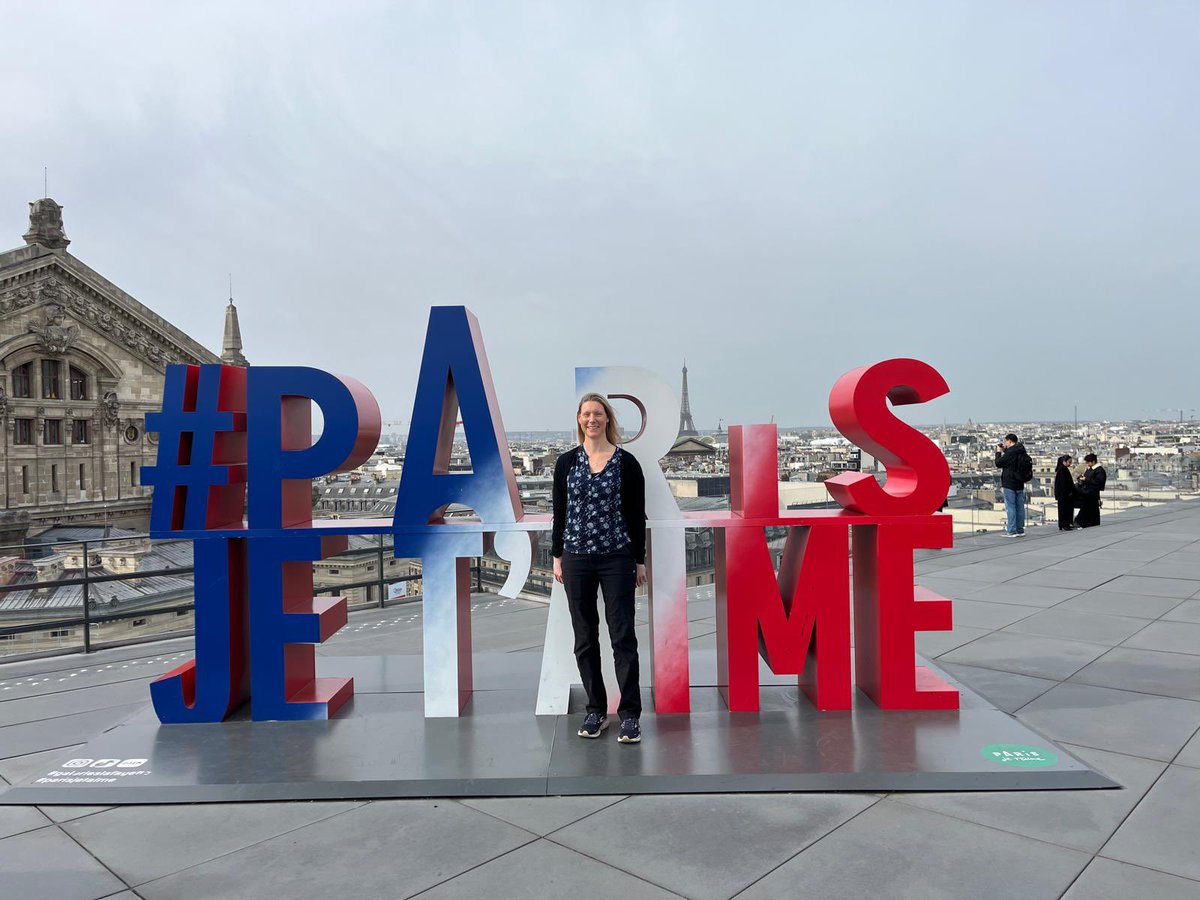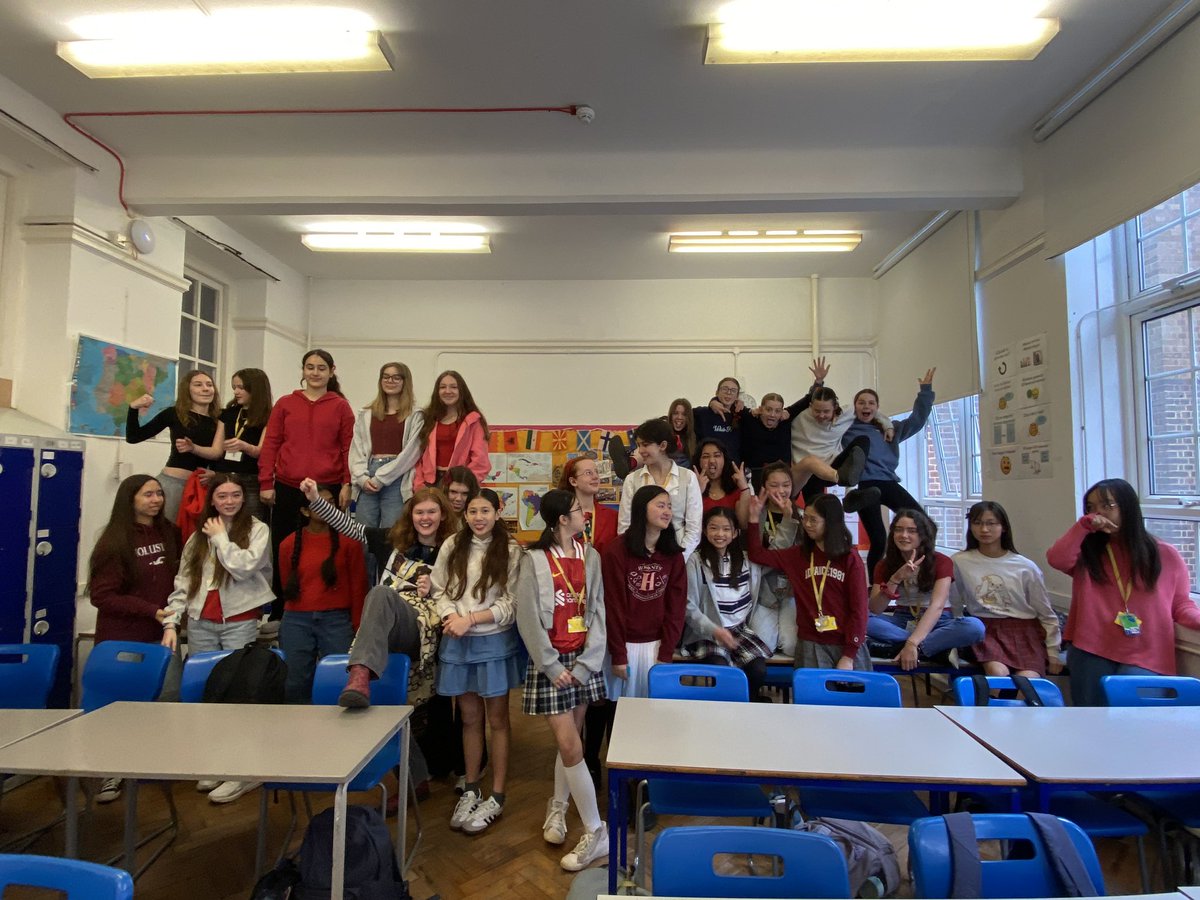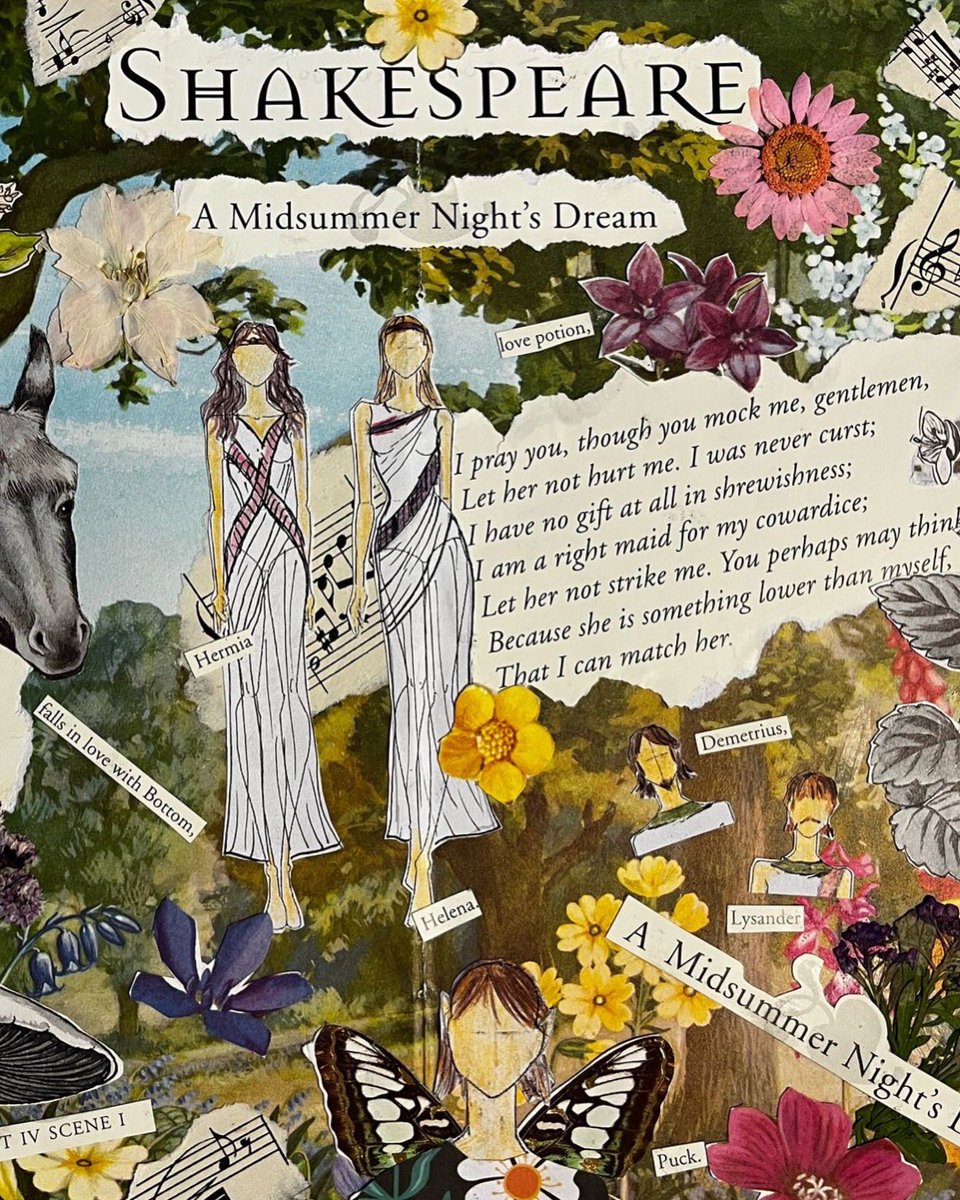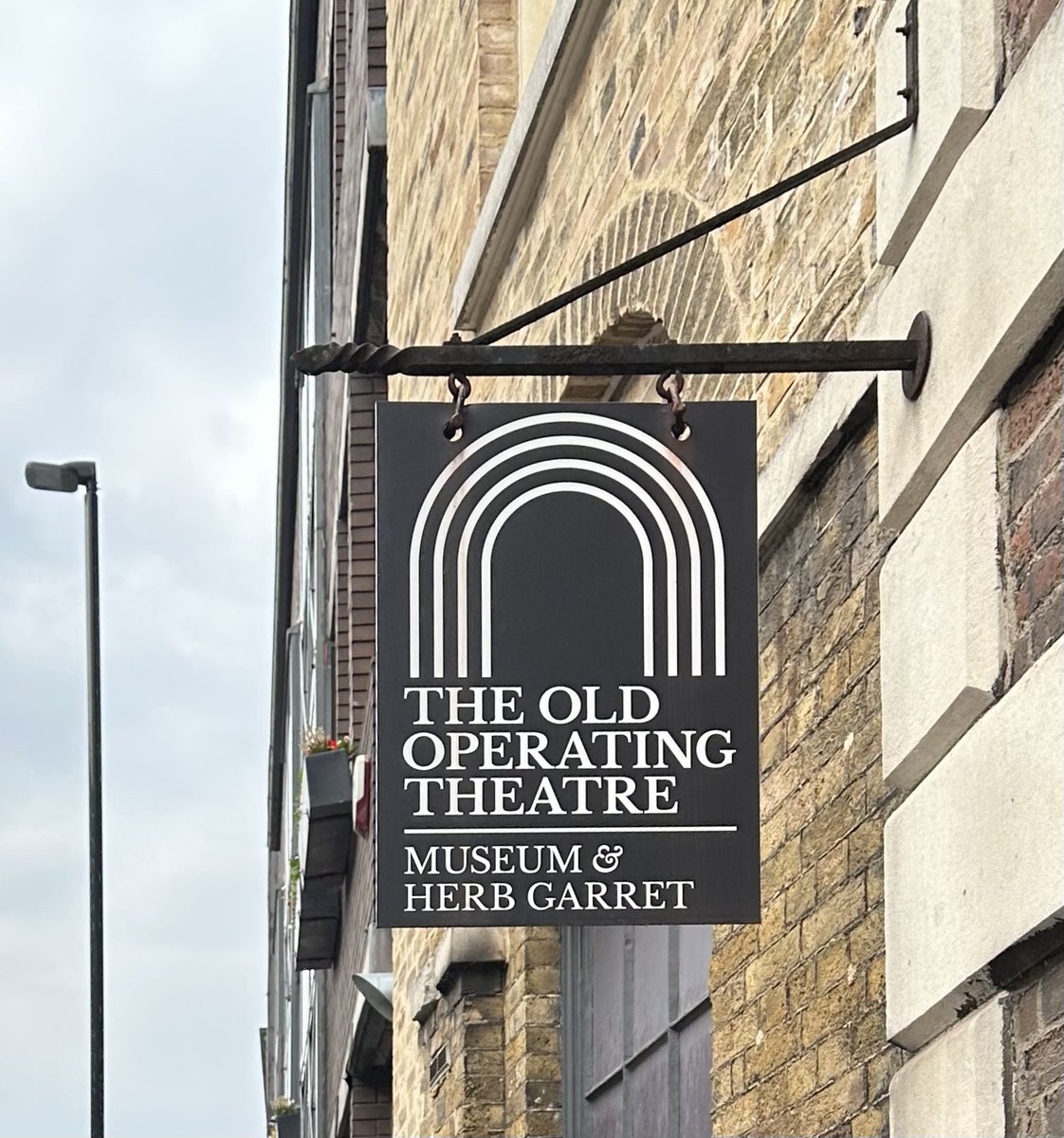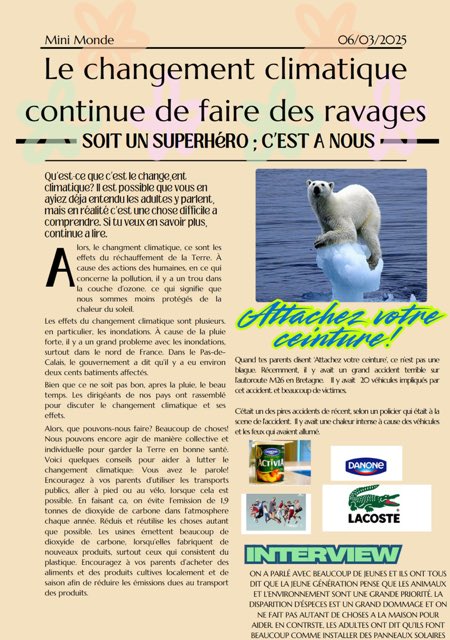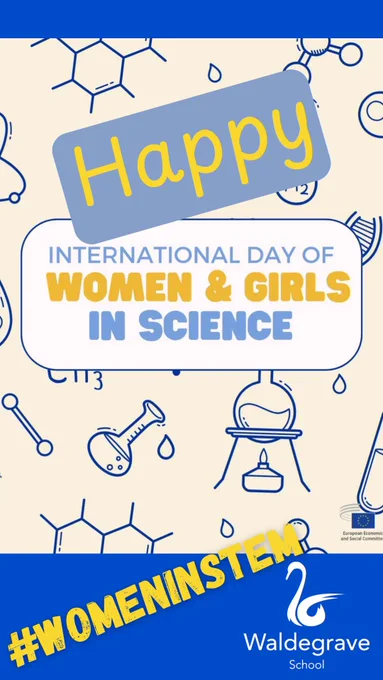Computing
Computers are now part of everyday life and, for most of us, technology is essential to our lives, at home and at work. The computing curriculum has been designed to equip pupils with the skills that they will need in their increasingly digital world. In their lessons they will learn how computers and computer systems work, they will design and build programs, they will develop their ideas using technology, and create a range of digital content.
There are three distinct strands within the computing curriculum: computer science, information technology and digital literacy. Computer science is the scientific and practical study of computation where we study how hardware works and how we can use it to solve problems and program solutions. Information technology is concerned with how computers and telecommunications equipment work, and how they can be used to create, store, retrieve, manipulate and transmit data. Digital literacy is concerned with creating confident digital citizens through studying how to effectively, responsibly, safely and critically find, adapt and create digital content in both the online and offline world.
The focus of Computing at KS3 is to introduce and build on these three strands to give students a firm grounding in using and understanding technology. In the core curriculum students will cover topics such as coding with Python, Computer Systems, Networks, Graphics and Animation. Students from year 8 can also opt for an extra lesson of Computing a week through the enrichment program, where they can build on and expand their knowledge through more detailed project work and competitions. Both pathways give students an excellent foundation for choosing to study GCSE Computer Science.


